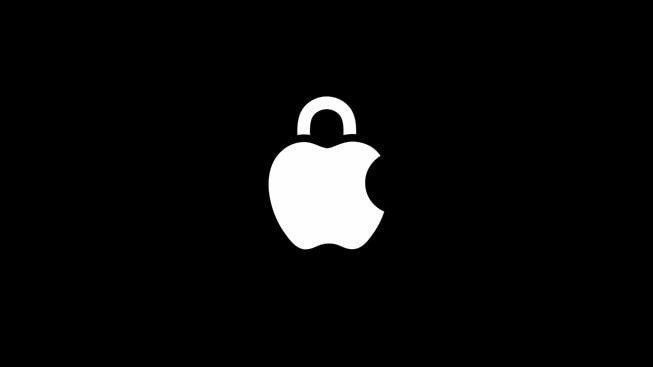
Apple has reaffirmed its dedication to user privacy through its digital assistant Siri, emphasizing that privacy remains a core design principle across all its products and services.
The tech giant revealed details about how Siri protects user data through multiple privacy-focused technologies. At the heart of this approach is on-device processing, which allows Siri to handle personal requests directly on users' devices whenever possible, rather than transmitting data to external servers.
For instance, when users ask Siri to read unread messages or provide suggestions through widgets, the processing occurs locally on their device. This means message contents stay private and never reach Apple's servers.
When server interaction is necessary, Siri employs a unique system using random identifiers instead of linking requests to users' Apple accounts or phone numbers. This approach sets Siri apart from other digital assistants in the market.
Apple emphasizes that it has never used Siri data for marketing profiles, advertising purposes, or sold it to third parties. The company only retains audio recordings if users explicitly opt in to help improve Siri's performance, with an easy opt-out option always available.
The company has also introduced Private Cloud Compute, a new technology that extends iPhone's privacy protections to cloud processing. This system enables more advanced features while maintaining strict data privacy - user information is neither stored nor made accessible to Apple beyond fulfilling specific requests.
As artificial intelligence capabilities expand, Apple continues to develop new privacy technologies for Siri, maintaining its stance that privacy is a fundamental human right. The company's approach demonstrates that advanced AI features can coexist with strong privacy protections, setting a standard for responsible technology development.